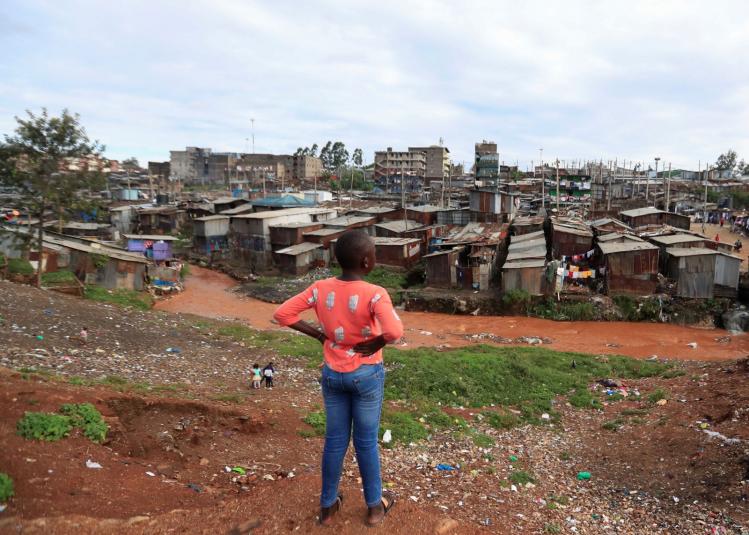
Sparkling dawns in New York, smog-free vistas in Bogotá, “positively Alpine” skies in New Delhi: a two-month global pandemic lockdown has provided a literal vision of what reductions in fossil-fuel pollution can do for a planet. Worldwide carbon emissions are expected to drop at least 8 percent in 2020, the largest annual decline since the 2008 financial crisis. For the United States, the figure could be 11 percent, the biggest drop in seventy years, thanks to the effective shutdown of coal-fired power plants—which are not only dirty, but also hugely expensive to run even in periods of normal electricity demand. Clean alternatives like solar and wind, which have become more efficient, steadily cheaper, and increasingly attractive to investors, could for the first time produce more power than coal in the United States this year. The petroleum market also crashed this spring and may never fully recover. It was already struggling with a pre-pandemic wave of divestment by major institutional shareholders, and is now suffering from the combination of overproduction and plummeting demand. Exxon, which for decades waged an extravagant campaign of lies about the effect of its product on the climate, is no longer “the undisputed king” of Wall Street, as Bloomberg Businessweek recently put it, but a “mediocre company” worth less than Home Depot.
Clearer skies should not be seen as signs of progress in addressing the climate crisis; they’re a temporary effect of a global health emergency that has killed hundreds of thousands of people and crippled the economy. The world has come to a halt, but the planet hasn’t cooled down: the first three months of the year were the second-hottest ever, and 2020 as a whole could set a record. Ice in Greenland is currently melting at six times the rate it was in the 1990s. The UN now estimates that by 2050 there could be as many as 1 billion climate refugees. Pandemics on the scale of the current one become more likely as the planet heats up. “It’s far too late to stop global warming,” Bill McKibben wrote in the New York Review of Books in March, “but these next ten years seem as if they may be our last chance to limit the chaos.”
That chance is predicated on a more rapid adoption of renewables. The trends are encouraging, but the alternative-energy industry hasn’t been spared the economic damage of the pandemic. Meanwhile, the Trump administration has taken advantage of the health crisis to continue dismantling measures meant to address the climate crisis. At the end of March, with the nation going into shutdown, the White House announced the rollback of Obama-era automobile fuel-efficiency standards, a move that will lead to the release of a billion more tons of carbon dioxide. The policy change was duly hailed by the fossil-fuel industry and the Republican beneficiaries of its largesse. This is just one of the sixty or so climate and environmental regulations Trump has undone since taking office; he’s targeting more than thirty others. As of late May, his EPA chief was finalizing new rules that would legally enshrine business interests, not public-health benefits, as the primary measure in evaluating compliance with environmental regulations—a move celebrated for its potential “legacy” effect of hamstringing future administrations. The sad fact is that none of this is surprising. From the beginning, this administration has put short-term corporate profits ahead of the health of the planet, just as it is now putting political expedience ahead of public health. As long as Trump remains in office, there’s no reason to expect this to change.
